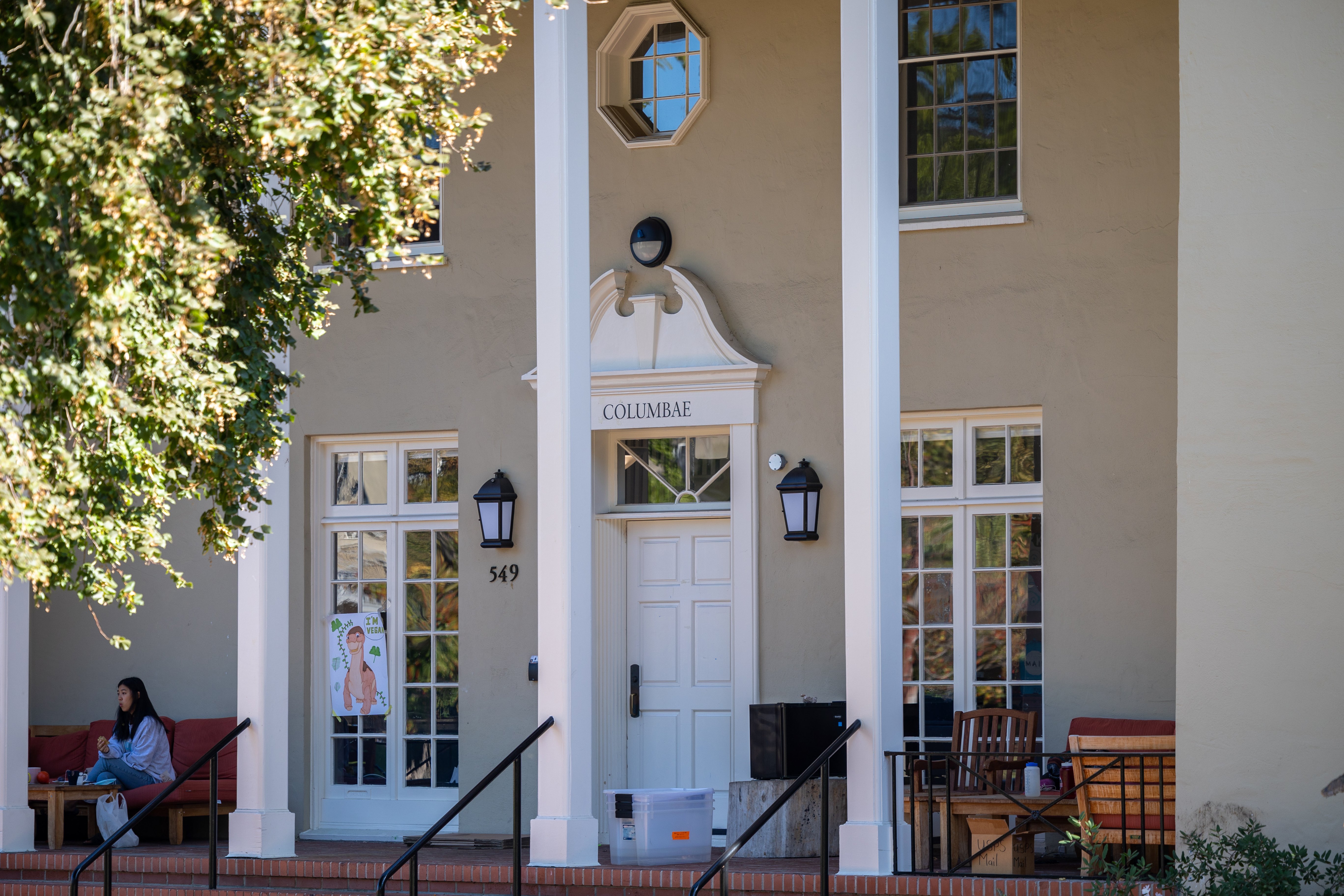Columbae will retain its status as a co-op and its social justice theme for next academic year according to University communication sent to house leaders Monday.
The residence was previously slated for conversion to a self-op next year after failing to garner enough pre-assignments to fill the house. However, student-led efforts over the weekend managed to fill those slots.
“We have decided that Columbae will remain open as a co-op for the 2024-25 academic year,” wrote C. Matthew Snipp, interim vice provost for student affairs. Snipp wrote that “the outstanding engagement demonstrated by the Columbae community” contributed to the University’s choice.
Because of student efforts, Residential Education “received a sufficient number of committed applicants to sustain the vibrant co-op culture that Columbae is known for,” Snipp wrote.
An incoming resident assistant Jason Hu ’26 told The Daily the student leaders were thrilled to see community members rally around Columbae. While they were disappointed ResED didn’t work with student leaders prior to the initial decision, “we couldn’t be more grateful for the incredible support that we received from the student body and outspoken alumni,” Hu wrote.
Co-ops, or cooperative houses, operate on student self-governance, including cook and clean shifts.
As one of the first co-ops at Stanford, Columbae played a prominent role in campus protests against the Vietnam War in the 1970s and in anti-apartheid protests during the 1980s and 1990s. The house was a hub for pro-Palestine protests on campus in the past year. Residents placed a “Zionism is Genocide” banner on the house, which opened a New York Times opinion about campus discourse on the Israel-Gaza war.
Last Tuesday, University administrators emailed student leaders that the house would be converted into a self-op next year.
According to an email from Snipp obtained by The Daily, only four students applied to live in Columbae during the regular themed house and co-op pre-assignment period from April 1 to April 10.
But student leaders at Columbae circulated a petition to save the house’s co-op status, which received around 1,800 signatures from current students, alumni and community members within two days.
Alongside other efforts from Columbae student leaders, this demonstration of support allowed the house to open another round of pre-assignment.
After the second round of pre-assignment, which was open from Thursday to Sunday, the house received the requisite number of applications to continue as a co-op, Snipp wrote.
“Columbae’s 54-year tradition of students living and learning in an experimental, social-justice themed house continues to be strong,” Hu wrote.
